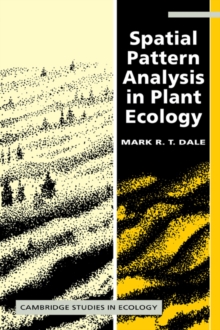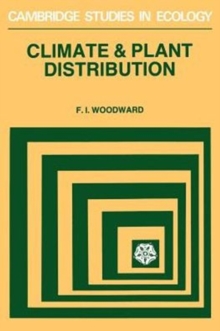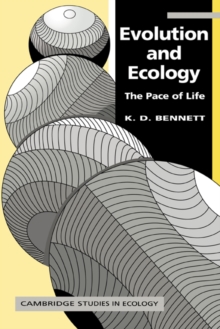
The Ecological Implications of Body Size Paperback / softback
by Robert Henry Peters
Part of the Cambridge Studies in Ecology series
Paperback / softback
- Information
Description
It is generally recognized that larger animals eat more, live longer, have larger offspring, and so on; but it is unusual to see these commonplace observations as a basis for scientific biology.
A large number of empirically based relationships describe biological rates as simple functions of body size; and other such relations predict the intrinsic rate of population growth, animal speed, animal density, territory size, prey size, physiology, and morphology.
Such equations almost always exist for mammals and birds, often for other vertebrates and invertebrates, sometimes for protozoa, algae, and bacteria, and occasionally even for plants.
There are too many organisms to measure all aspects of the biology of every species of population, so scientists must depend on generalizations.
Body size relations represent our most extensive and powerful assemblage of generalizations, but they have never been organized for use in ecology.
This book represents the largest single compilation of interspecific size relations, and instructs the reader on the use of these relationships; their comparison, combination, and criticism.
Both strengths and weaknesses of our current knowledge are discussed in order to indicate the many possible directions for further research.
This important volume will therefore provide a point of departure toward a new applied ecology, giving quantitative solutions to real questions.
It will interest advanced students of ecology and comparative physiology as well as professional biologists.
Information
-
Out of StockMore expected soonContact us for further information
- Format:Paperback / softback
- Pages:344 pages
- Publisher:Cambridge University Press
- Publication Date:31/03/1986
- Category:
- ISBN:9780521288866
Information
-
Out of StockMore expected soonContact us for further information
- Format:Paperback / softback
- Pages:344 pages
- Publisher:Cambridge University Press
- Publication Date:31/03/1986
- Category:
- ISBN:9780521288866



